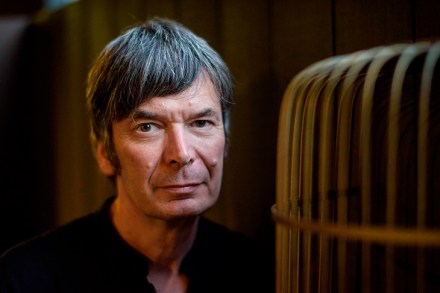We don’t want pandemic novels – we want gentle escapism
I’m often asked when I’ll write a pandemic novel. I’m not sure I’d ever be tempted, though the backdrop of Edinburgh’s deserted streets at the height of the (first) lockdown certainly provided food for the imagination. I dare say novels will arrive — some may even be good. But I find that fiction concerning momentous events usually benefits from the dust having settled. Only then can we begin to comprehend the human costs, stresses and implications, by which time there may also be an audience ready to relive the experience. In the near future, however, I foresee a hunger for escape to a gentler and more reasonable world. I’ve been






